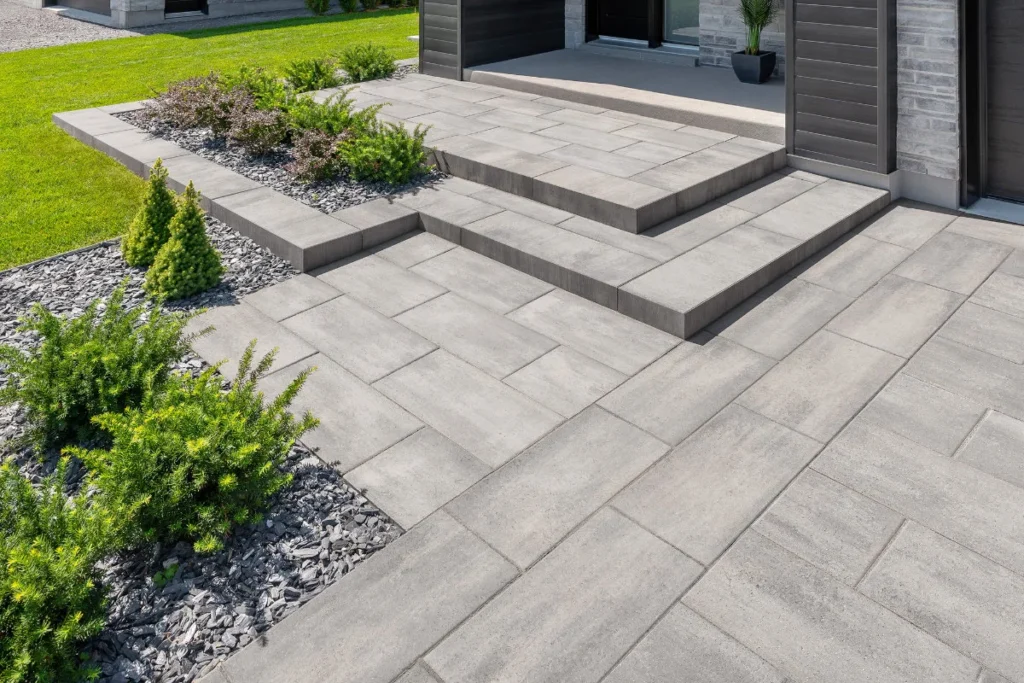Transforming Spaces with Innovative Concrete Landscapes
Concrete And landscapes have redefined the perception of urban and residential space in modern architecture and design. Concrete has been a key element in landscape design for decades because of its versatility, durability and aesthetic appeal.

Concrete's Evolution in Landscaping
Concrete was traditionally used for foundations, footpaths and driveways. Concrete and landscapes are a result of advances in materials and design techniques. They seamlessly combine nature and structure. Architects and landscape designers use concrete for patios and garden paths. They also use it to create decorative elements and water features.
Benefits of concrete in landscape design
Durability and Longevity Concrete’s strength and resilience make it a great choice for outdoor areas that are subjected to varying weather conditions as well as heavy foot traffic.
The Aesthetic Appeal of Versatility
Concrete landscapes are available in a variety of finishes, including stamped, stained or polished concrete, as well as exposed aggregate. They can be tailored to suit any style, from modern minimalism to rustic charm.
Low Maintenance
Concrete is a more cost-effective option for landscaping than traditional materials such as timber or stone. The Sustainability of the Economy. Permeable concrete is one of the eco-friendly solutions available for modern concrete. It helps to manage stormwater runoff and reduces environmental impact.
Innovative Concrete Applications in Landscapes
- Outdoor Living Spaces: Concrete patios, seating areas and other outdoor living spaces are a stylish and seamless extension of your indoor living space.
- Walkways and Pathways: Concrete pathways with decorative designs enhance access and provide structure to outdoor spaces.
- Retaining walls & Borders: These elements prevent erosion and add visual depth to landscapes.
- Water Features: Concrete Fountains, Ponds, and Decorative Basins Create serene focal points in outdoor settings.
Conclusion
Concrete landscapes are evolving to meet the growing demand for outdoor spaces that are both sustainable and beautiful. They offer innovative and durable solutions. Concrete can be used to create a beautiful and functional landscape, whether you are designing a garden for your home, a plaza or a public park.
FAQs
Is concrete an environmentally friendly material?
Modern concrete solutions can include environmentally friendly options, such as permeable cement, which reduces the environmental impact and helps to manage stormwater runoff.
How can I make a concrete landscape more appealing?
Use decorative elements such as planters and lighting to enhance the aesthetics.
Do concrete landscapes require a lot of maintenance?
Concrete is low maintenance and only requires cleaning and sealing on occasion to keep its durability and appearance.
Can concrete be used to create small residential landscaping?
Absolutely! Concrete is versatile and can be tailored to fit any space, from small garden paths to large patios.
What are some creative ideas for using concrete in my landscape?
Concrete can be used to create unique features such as fire pits, outdoor seating, vertical gardens, and sculptural elements and to enhance the character of your outdoor space.
